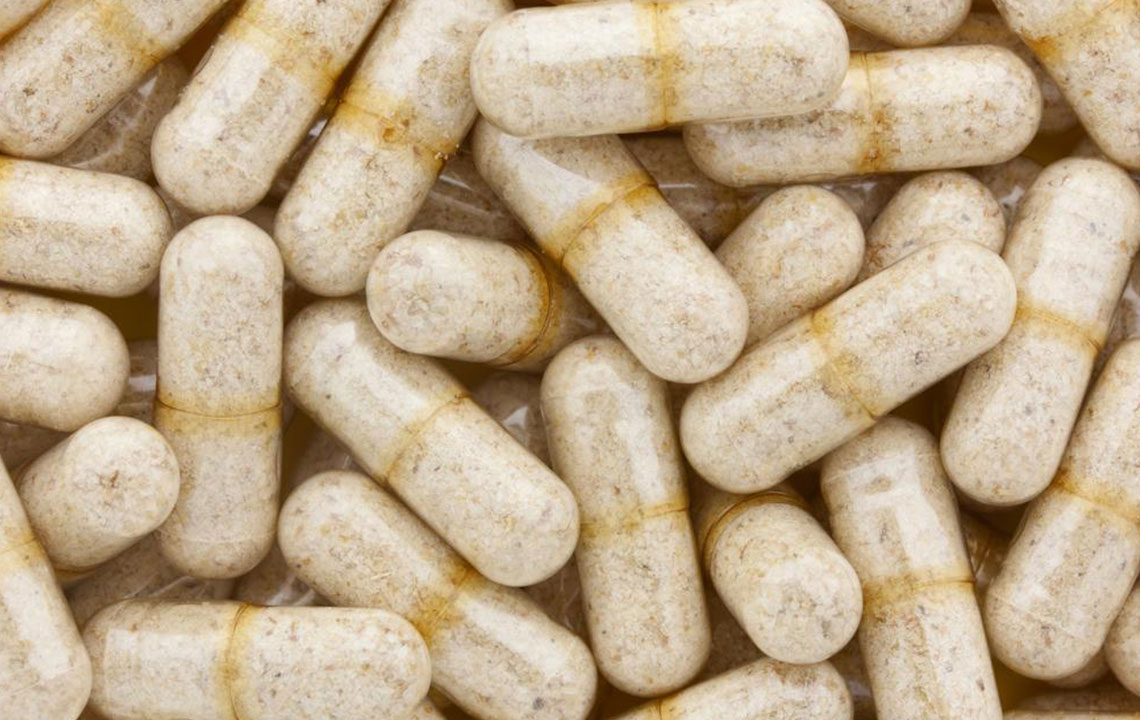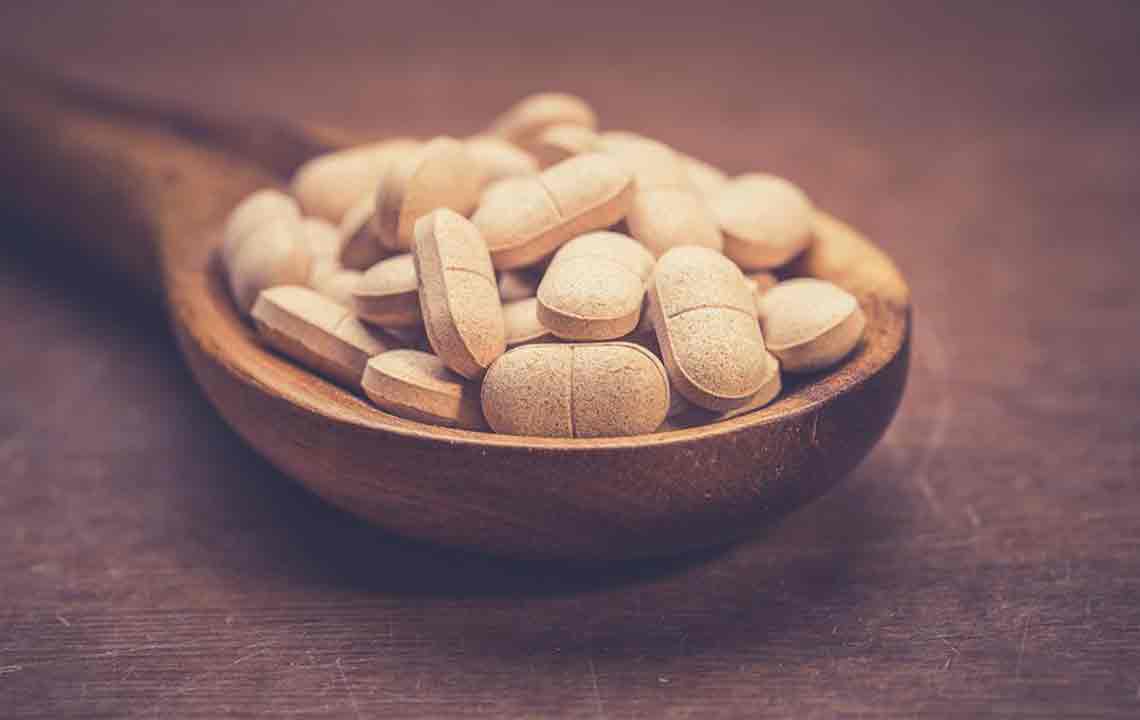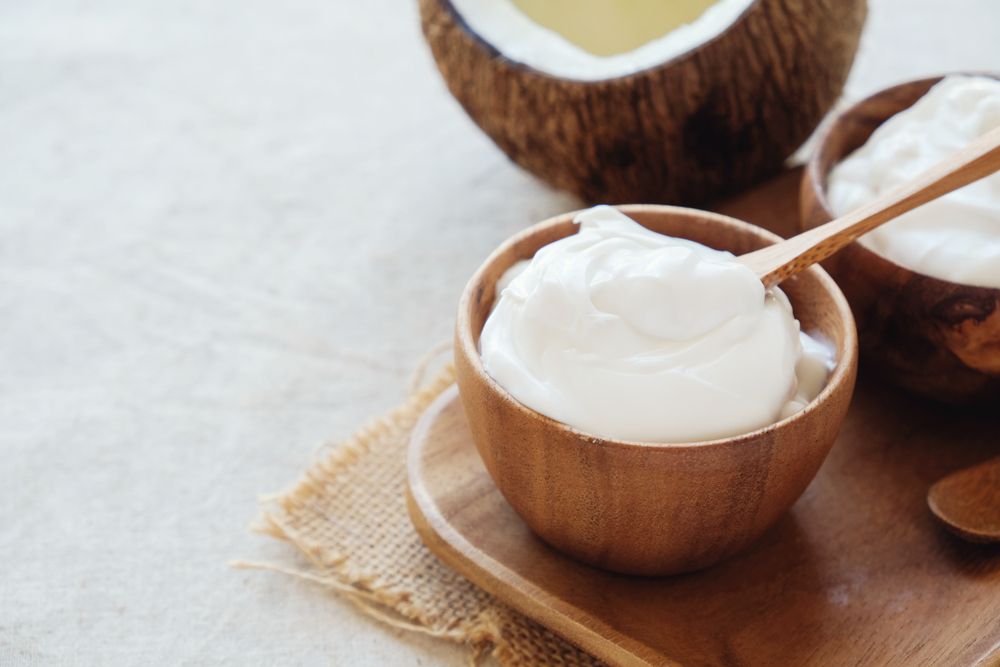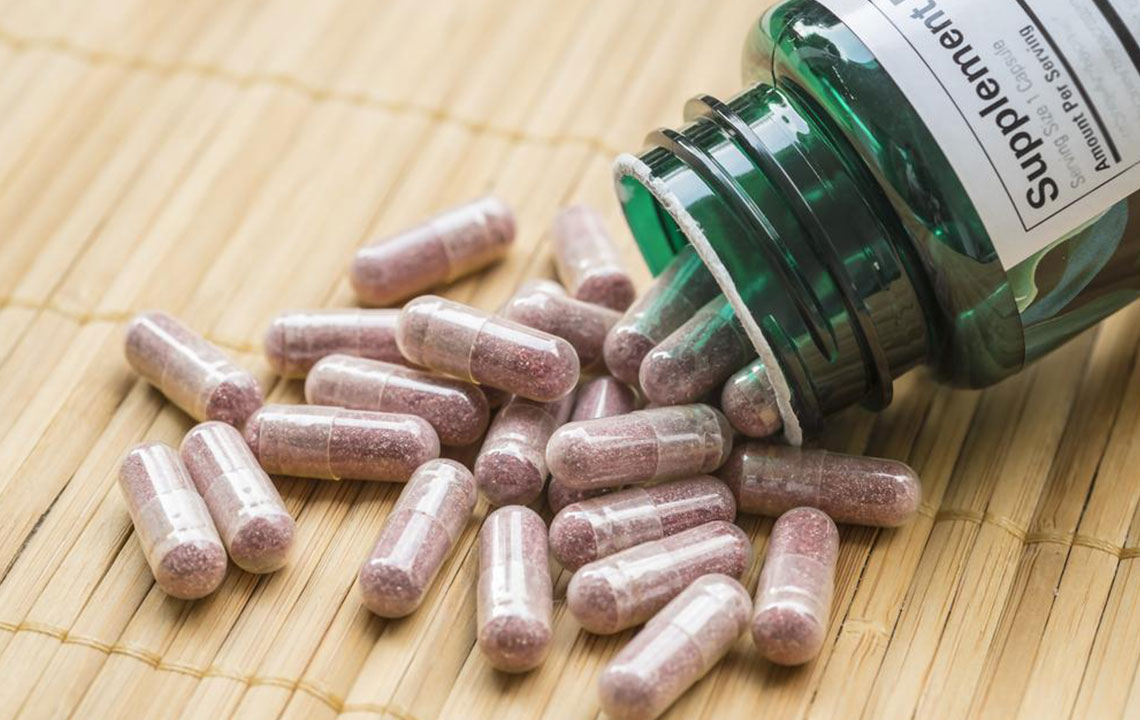Effective Fiber Supplements to Bridge Nutritional Gaps and Promote Digestive Wellness
Explore the top fiber supplements that help fill nutritional gaps and promote digestive health. Learn about soluble and insoluble fibers, their benefits, and how to choose the right supplement for your needs. With expert recommendations, discover effective ways to support gut health, manage weight, and improve overall well-being through quality fiber products.

Effective Fiber Supplements to Bridge Nutritional Gaps and Promote Digestive Wellness
In today’s fast-paced and demanding lifestyle, maintaining a balanced and nutritious diet often takes a backseat. Irregular eating habits, reliance on quick snacks, extensive work schedules, and disrupted sleep patterns contribute to a decline in overall health. A common consequence of these lifestyle choices is the deficiency of essential dietary fibers — vital nutrients necessary for optimal digestive function and overall well-being. As processed foods and convenience meals dominate modern diets, many people fall short of the recommended daily fiber intake. According to health experts, adult men should aim for at least 30 grams of fiber per day, while women should strive for approximately 25 grams. Unfortunately, surveys reveal that a significant portion of the population consumes only about half of these recommended amounts, which can lead to various health issues such as constipation, digestive discomfort, weight gain, and increased risk of chronic diseases. To combat these deficiencies and support gut health, exploring high-quality fiber supplements offers a practical and effective solution.
Fiber supplements come in various forms, primarily classified into soluble and insoluble fibers, each offering unique health benefits. Soluble fiber dissolves in water to form a gel-like substance, which helps regulate blood sugar levels, lower cholesterol, and promote satiety. Insoluble fiber, on the other hand, remains largely unchanged in water and adds bulk to stool, aiding in bowel regularity and preventing constipation. Understanding which type of fiber suits your individual health needs is crucial when selecting a supplement. Whether your goal is to enhance digestive health, manage weight, or alleviate specific gastrointestinal issues, choosing the right fiber supplement can significantly influence your health outcomes.
Below are some of the most recommended fiber supplements, each with distinct characteristics to suit different needs:
Inulin — Originating from sources such as chicory root, asparagus, and onions, inulin is a soluble fiber known for supporting weight management and gut microbiota health. Its prebiotic properties stimulate beneficial bacteria in the gastrointestinal tract, enhancing digestion and immunity. Inulin is especially beneficial for individuals who fill their diet with fewer fruits and vegetables, as it helps compensate for these nutritional gaps. While generally safe, those with liver diseases or blood sugar irregularities should consult their healthcare providers before supplementing with inulin. It dissolves well in water, making it easy to incorporate into smoothies, yogurt, or beverages.
Wheat Dextrin — Derived during the processing of wheat, wheat dextrin is a fully soluble fiber that promotes efficient metabolism and supports healthy digestion. It has a neutral taste and dissolves completely in liquids, making it a versatile addition to various foods and drinks. Wheat dextrin is suitable for individuals with metabolic concerns like diabetes or obesity. However, it is not recommended for those with gluten intolerance or celiac disease due to its wheat origin. Regular consumption can aid in better blood sugar control, appetite regulation, and overall digestive health.
Psyllium Husk — Extracted from the seeds of the Plantago ovata plant, psyllium husk is a highly effective insoluble fiber that promotes regular bowel movements, relieves constipation, and maintains digestive balance. Its high fiber content binds water in the intestines, softening stool and easing transit. Psyllium is also recognized for reducing symptoms of irritable bowel syndrome (IBS), lowering cardiovascular disease risk, and supporting metabolic health. Available in husk or seed form, it can be added to water, smoothies, or baked goods. It’s essential to start with small doses and gradually increase intake, along with ample hydration, for optimal results.
Methylcellulose — As a non-fermentable, soluble fiber, methylcellulose offers a gentle alternative for those sensitive to other fiber supplements. It does not cause gas or bloating and helps control weight by promoting feelings of fullness. Methylcellulose is often used to manage occasional constipation or diarrhea, although it does not treat established gastrointestinal conditions. It dissolves quickly in cold water and can be mixed effortlessly into liquids or foods. Since it is non-fermentable, it’s less likely to cause digestive discomfort, making it ideal for sensitive individuals.
Calcium Polycarbophil — This water-absorbing, insoluble fiber supplement is specifically designed to treat both constipation and diarrhea. It works as a fecal stabilizer by absorbing excess water in the intestines, helping normalize bowel movements. Additionally, calcium polycarbophil can aid in weight management by promoting feelings of fullness and reducing overeating. It’s also beneficial in alleviating abdominal pain related to irritable bowel syndrome (IBS). Suitable for individuals who might not tolerate other fiber sources, these supplements should be used under medical supervision to ensure proper dosage and effectiveness.
Before incorporating any fiber supplement into your diet, it is highly recommended to consult with healthcare professionals or registered dietitians. They can help you determine the most appropriate type and dosage based on your health status, existing medical conditions, and dietary needs. Always opt for high-quality products from reputable brands to ensure safety and potency. Remember, consistency is key—a daily routine of fiber supplementation combined with a balanced diet rich in fruits, vegetables, whole grains, and adequate hydration can significantly improve your digestive health, weight control, and overall wellness. Proper understanding and cautious intake of fiber supplements can truly make a difference in achieving your health goals and maintaining a vibrant, healthy lifestyle.





